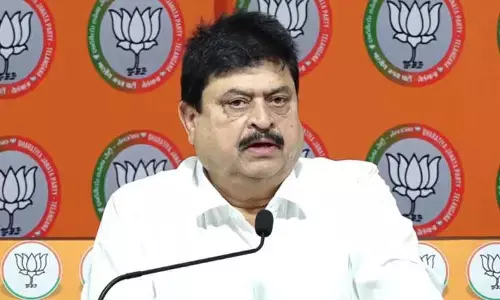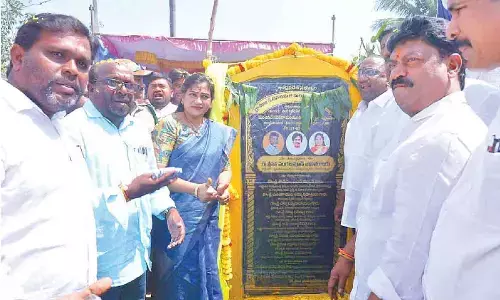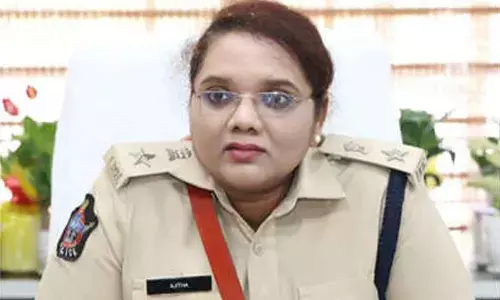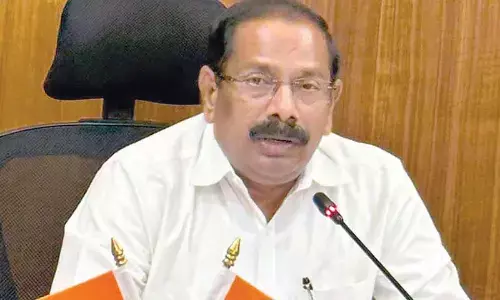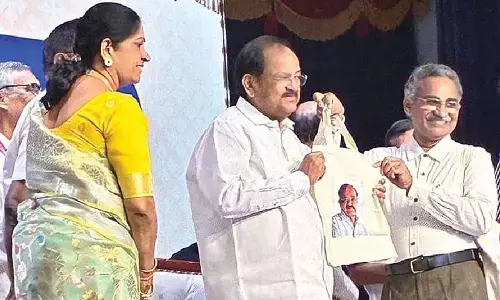Devastating Blow to Humanity
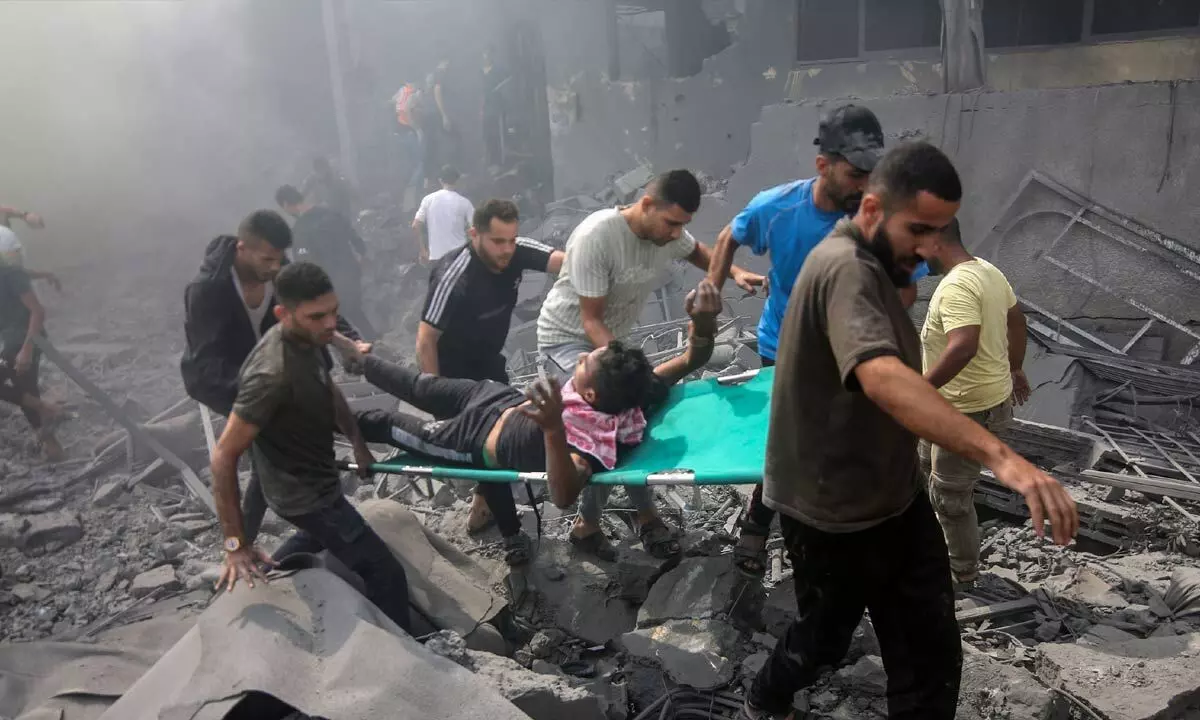
As more Israeli bombing of the Jabalia refugee camp in northern Gaza killed dozens of people Saturday, health workers from both inside and out of the besieged territory are again pleading with world leaders to bring an end to the indiscriminate attacks and imposed humanitarian crisis that witnesses on the ground increasingly say there are no words to describe.
As more Israeli bombing of the Jabalia refugee camp in northern Gaza killed dozens of people Saturday, health workers from both inside and out of the besieged territory are again pleading with world leaders to bring an end to the indiscriminate attacks and imposed humanitarian crisis that witnesses on the ground increasingly say there are no words to describe.
At al Nasser Hospital in Khan Yunis and elsewhere in Gaza, doctors and other medical staff on Saturday staged protests and held press conferences to call attention to the ongoing attacks in northern areas, including the latest targeting of Jabalia in which reporting indicated anywhere from 33 to over 50 people—including civilian men, women, and children—were killed.
“The world is watching, and history will judge us by how we respond to this grave injustice. I call upon each and everyone one of you to join this fight for the preservation of our shared humanity.” —Dr. Khaled Saleh, FAJR Scientific
Al-Jazeera reports that hospitals, which have repeatedly been bombed by Israel over the last year, were not immune from this latest round:
Three partially functioning hospitals treating severely wounded patients and sheltering thousands of displaced Palestinian civilians in northern Gaza are now out of service after coming under intense Israeli fire, a Gaza health official told Al Jazeera, as the siege on Jabalia enters its third week, with at least 33 more people killed in the northern area.
Israeli forces bombed al-Awda Hospital in Jabalia early on Saturday, and have also shelled Kamal Adwan and the Indonesian hospitals in Beit Lahiya over the past few hours, Al Jazeera correspondents have reported. Saturday’s attacks come days after Israel barred at least six medical service NGOs from continuing their life-saving work in Gaza. According to the Washington Post: Two of those medical NGOs, Glia and the Palestinian American Medical Association (PAMA), confirmed to The Washington Post that they were notified by the WHO this week about the bans. Both groups have worked in Gaza for years preceding the war. “WHO is concerned about the impact of these denials on Gaza’s strained healthcare system,” the organization said Thursday in a statement. It added that international emergency medical teams (EMTs) deployed to Gaza are essential to keeping the system operational, as only 17 of the enclave’s 36 hospitals remain functionaland “healthcare needs far exceed the system’s capacity.”
Dr. Khaled Saleh, chair of FAJR Scientific, which provides surgical expertise and trauma specialists to war-torn regions and was another of the groups notified by the WHO that it had been barred from entering Gaza, said in a statement that the move by the Israeli government filled him with “deep sadness and concern for the current state of our global family, questioning our shared humanity and ethics.”
Blocked from providing aid to people in dire need, Saleh called on people worldwide to push for an end to Israel’s blocking of vital medical aid and those seeking to provide it.
“This is a devastating blow to humanity, representing a level of destruction that we have not witnessed since World War II, yet our world leaders turn a blind eye,” he said.
“As a member of the global community,” Saleh continued, “I implore all of you who value compassion, ethics, and the sanctity of human life to stand with us and raise your voices against this unconscionable decision. Together, we must advocate for the voiceless and demand restoration of the fundamental right to access to medical care.” Israel’s ban on the medical NGOs comes after a string of healthcare professionals who spent time in the Gaza strip have gone public with what they witnessed on the ground, telling tales of unspeakable horror and trying to shake the world out of its complacency on what experts say is a genocide in motion being carried out by Israeli forces.
Earlier this week, the UN humanitarian office, OCHA, said that Israel’s continued blocking of food and medical supplies to Jabalia and other ares in the northern was “having life-threatening impacts” for the people there.
OCHA spokesperson Farhan Haq said the OCHA was calling on Israeli authorities “to allowed safe, sustained and unimpeded access to Jabalia and all areas of the north where people are in desperate need of assistance.”
In a post on Friday, Oxfam International mourned the killing of Dr. Ahmad Al-Najar and midwife Laila Jneid, both of whom worked with Juzoor, “killed by Israeli airstrikes on Jabalia,” the group said. “They were providing lifesaving health care in Gaza. Attacking aid workers is a war crime.” Oxfam repeated its demand for a “cease-fire now” and said healthcare workers should never be a target.
In a dispatch on Friday, Dr. Taghreed Al-Imawi, Juzoor staff and an OBGYN doctor at Kamal Adwan Hospital in northern Gaza, described the untenable situation on the ground.
“The situation is beyond horrific and is very difficult and indescribable,” said Al-Imawi. “Dead people, severed body parts and injured people everywhere. We are receiving emergency calls from all the areas of the north. Ambulances are not able to reach the injured. We have seen more than 23 pregnant women among the injured coming to the hospital since last week, wounded either by shrapnel or gunfire, suffering from fractures. Some were in a critical condition. Kamal Adwan Hospital and other semi-operational hospitals have received displacement orders but there is no way to evacuate in any case.”
“The pediatrics section is closed as it is full of injured people,” Al-Imawi added, “the surgery section is full of injured people, even the reception, the hospital has been shelled several times and targeted by snipers, people are terrified to come to the hospital now.”
Having recently returned from a field mission in Gaza, pediatric nurse Becky Platt, working through Save the Children—who posted her testimony Saturday—described a situation on the ground that was “like nothing I’ve seen before.”
Platt said the horrific situation is “both in terms of healthcare need and just in terms of the whole humanitarian context—seeing homes and landscapes completely devastated and seeing just the absolute level of human suffering and need as absolutely mind blowing.”
“No child should have to be in pain,” she said. “And it just feels like your hands are tied when you can’t do what you know that you could do easily at home or in another context. I think that when it really hits. It’s just—it’s just not fair. It’s not okay that we’ve got children with devastating injuries who don’t have access to pain relief.”
For his part, Dr. Saleh of FAJR Scientific, said it was up to everyone in the world to make their voices heard.
“The world is watching,” he said, “and history will judge us by how we respond to this grave injustice. I call upon each and everyone one of you to join this fight for the preservation of our shared humanity.”
(https://www.commondreams.org/)


